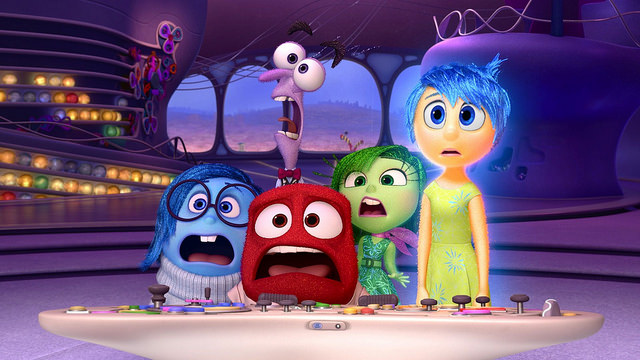 Scientists and philosophers have debated for centuries over the existence of free will. Science tells us that most of the activity in the universe, down to the atomic (or even sub-atomic) level, is caused by simple reactions to whatever happened previously.
Scientists and philosophers have debated for centuries over the existence of free will. Science tells us that most of the activity in the universe, down to the atomic (or even sub-atomic) level, is caused by simple reactions to whatever happened previously.
Our brains and bodies are, like everything else in the universe, made up of these tiny atomic particles. There is no scientific reason to assume that human activity is anything other than the way our atoms bounce off of each other according to very specific laws of nature. With this logic, our lives have been pre-determined by the state of the earlier universe and the laws of physics.
But these ideas go strongly against our subjective experience. We feel like we have a say in our destiny. We experience a consciousness that interprets the past and present, makes decisions and choices, and creates the future.
Unfortunately, even these strong subjective feelings of will do not hold up under much scrutiny. Anyone who has some experience with meditation, for example, will have observed how thoughts seem to appear in our minds. We are choosing to concentrate on our breath, when we suddenly realize that we are thinking about something entirely different. Our thoughts seem to appear without our choosing, and sometimes without our awareness.
Through meditation, we find that the “I,” the conscious, willful being that we identify ourselves as, is hard to pin down. Who, after all is doing the thinking? Is it the “I” that is concentrating on the breath? Or is it the “I” that is thinking about what to make for dinner that night?
Meditators realize that there does not seem to be a single consciousness running the show. And there is plenty of scientific support for the theory that our minds are more “modular” in nature, with different “modules” taking charge at different times and for different purposes (very much like depicted in the children’s movie “Inside Out.”)
But this doesn’t solve the conundrum. All evidence to the contrary, we still feel like we have free will. We don’t like to believe that the universe is completely deterministic. If we did, we would probably lose all sense of hope and meaning.
I look at this as a question of scale. On an atomic scale, for example, we are made up of mostly empty space and energy. But on a subjective human scale, we feel like we are made of solid matter. The atomic reality that we are made of mostly empty space is not very useful on a human scale. We still need to make decisions based on the subjective human sense that objects are solid (or things will go very badly for us.)
The same goes for free will. On some level—a universal scale or a sub-atomic scale—free will probably does not exist. But on a subjective human scale it does exist, and thinking otherwise will not go well for us. So debating free will is kind of like debating whether or not your dining room table is made of energy or matter. . . It’s made of both. It only depends on how you are measuring it.

Comments are closed.